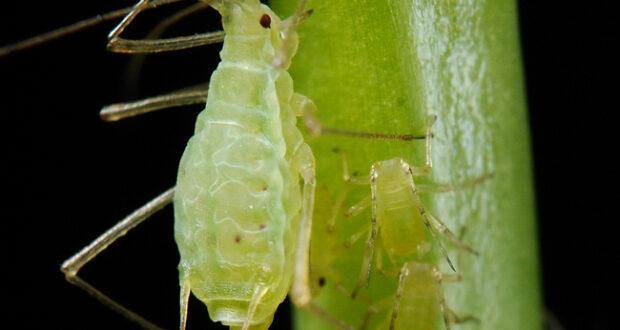Blog
Simple autumn duties to avoid mistakes in the future garden –
We would all like to avoid mistakes in our gardens.
When the season is over for many gardeners in North America, you can think about a very well -deserved “free time” from your garden. Finally, you spent the last few months to take care of plants and probably fighting for a few garden pests.
But before you pack gardening for this year, why not jump to fight next year’s pests? That’s right, there are a few things that you can do now, in autumn to avoid mistakes in the future garden.
Let’s look at tasks at the end of the season, which can help next gardening.
1. Give your garden to the final hell.
If you are similar to many gardeners, the wedding is probably your least favorite task, but for the last time removing weeds will give you a leg in the fight against pests. This is because the weed garden can allow many of this year’s pests to survive the winter, which gives them a ready supply of food and shelter.
Drawing weeds now has an additional advantage that your spring gardening tasks are also much less discouraging. Finally, in spring, you will be excited about planting, and the less time you have to spend the wealth, the better.
Why instead not pull them out now and start a new season to avoid mistakes?
Naturally, drive your home unbearable autumn insects
2. Get rid of dead plants and debris.
Like pests, they like to hide in weeds, they can also develop in dead and sick plant materials and other garden residues. The last thing you want to do is leave a buffet of worms for garden enemies all over winter!
Clean your garden before winter, remember to remove all annual plants or crops that are sick or dead.
Make sure that these sick plants do not know the compost, unless you are absolutely sure that your compost will warm up (from 120 to 140 degrees Fahrenheit is perfect). Otherwise, you can accidentally re -introduce pests to your garden after you work so hard to remove them.
If you are not sure if the pile of compost will warm up enough to kill these pests, throw away the sick plant material.
3. To your soil.
Avoid errors in the garden in the coming years and maintain the health of the plant.
Removing weeds and old plants themselves does not ensure that you got rid of errors. In fact, some of the worst criminals like to bury themselves in the ground and stay there through the winter just to appear when the weather warms up again – ready to destroy a freshly planted garden. Don’t give them such a chance.
To deal with these nasty creatures, get out of Rototiller this season and give your garden a good, deep cultivation. This will help push these pests deeper underground. Other pests will be stopped to the surface, where it will become too cold to survive.
Returning the garden at the end of the season also has an additional advantage of introducing more organic matter into the soil.
4. Change your garden if necessary.
The healthier your soil is, the healthier your plants will be. The healthier your plants are, the less they will be exposed to unbearable garden insects. If some time has passed since you did the soil test, take the end of the season as an opportunity.
Seamazing: cheap way to re -mineralize soil
If necessary, adjust the pH of the soil with any corrections. Planting ground cover cultivation in autumn, and then turning it in spring is a great way to add more nitrogen to the soil.
5. Start planning your spring garden.
Planning next year’s garden is more than deciding what variety of tomatoes you want to try next year. It is also about reviewing all pests problems that you had the previous season and strategies, how to avoid mistakes in the coming season.
The rotation of crops should be part of your strategy. If a specific crops encountered pests during the year, they should be transferred to another location the following year.
The next part of the strategy includes the way you choose vegetable varieties. Depending on the problems, you study some varieties of plants resistant to these problems. Or examine what types of accompanying plants can help minimize the problem.
So before you suspend gardening gloves this season, spend some time to prepare in the spring and give yourself an advantage over the pests next year.
What advice would you add? Share it in the section below:

